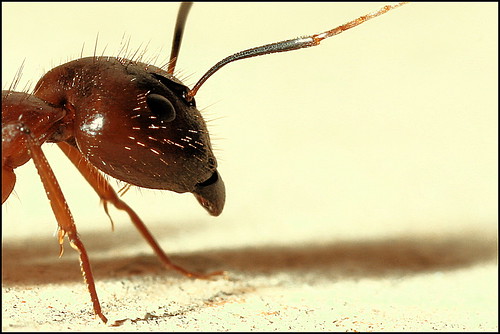Bush Blames Foreign Fuel Subsidies for Gas Crisis. Forgets About America's
 Today the New York Times is running a story about how fuel subsidies on gasoline and diesel throughout the developing world are increasing the demand for oil, and raising the overall price of gas at the pump. The article seems critical of how governments in countries like Indonesia, India and China artificially lower the price of fuel in order to gain their economic footing on the world market. Citing BP, it says that developing world fuel subsidies account for 96% of the increase in fuel prices in the last year.
Today the New York Times is running a story about how fuel subsidies on gasoline and diesel throughout the developing world are increasing the demand for oil, and raising the overall price of gas at the pump. The article seems critical of how governments in countries like Indonesia, India and China artificially lower the price of fuel in order to gain their economic footing on the world market. Citing BP, it says that developing world fuel subsidies account for 96% of the increase in fuel prices in the last year.The problem is so rampant that ten days ago, on July 15th president Bush admonished the trend, saying,
“I am discouraged by the fact that some nations subsidize the purchases of product, like gasoline, which, therefore, means that demand may not be causing the market to adjust as rapidly as we’d like.”But should the president of the largest fuel guzzling nation in the world, with some of the lowest fuel prices, really be targeting the developing world as the main culprit for the increased cost of gas? As newspaper headlines flash the seemingly absurd photos of pumps asking for $4 per gallon, many Americans feel that they are being unjustly punished for their morning commutes. But with a per-capita income of $44,000, and huge fuel subsidies of its own, the real cost of gas in America is the lowest of anywhere else in the world. In Europe it is common to pay $7 per gallon, and as a result there are massive subsidies for a top notch public transportation infrastructure.
In most cities in America, public transportation is, at best, a secondary option.
There are two petrol stations across the street from my house, each charging 55 rupees per liter of regular unleaded gas, or about $5.50 per gallon. Two weeks ago when a ship carrying diesel failed to dock in port on time, there was a major fuel shortage and some pumps charged as much as $10 per gallon. All of this in a country where the per-capita income is about $820 a year.
Why should the president of United States blame the modest fuel subsidies abroad, when the domestic subsidies at home are much more aggressive? How, can he, in good conscience, say that in a place where people earn 1/50 of an average American salary should actually pay more at the pump?
My suggestion to Bush is that if he wants to lower fuel consumption by increasing the price of gas, then he should start by increasing the price of gas at home.
[Link to NYT story], [photo Bitzcelt on Flickr]




